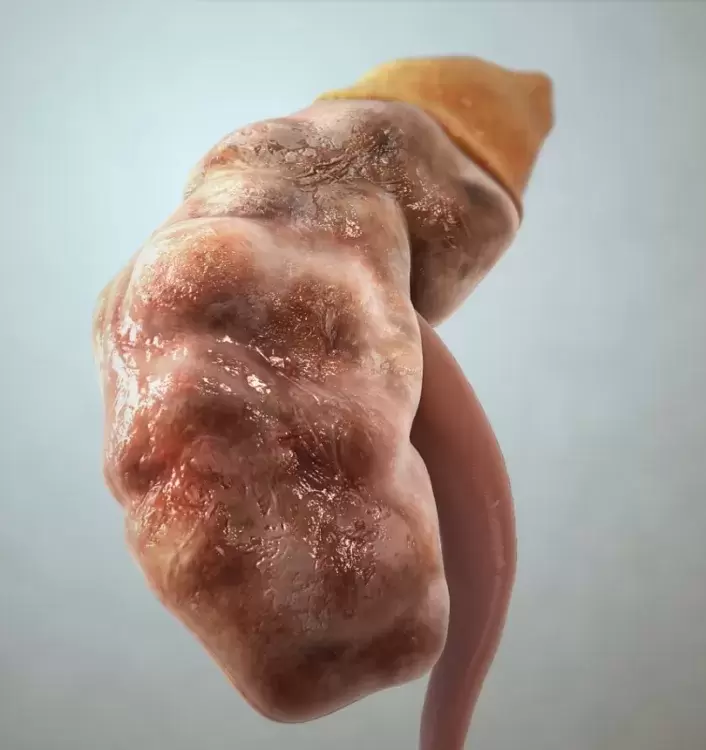According to information from the First Nations Health Authority, Canada’s Aboriginal people are at a significantly higher risk of developing Chronic Kidney Disease (CKD) than other populations.
In 2015, one in six First Nations persons over the age of 74 had CKD.
In 2015 one in 15 CKD sufferers required dialysis treatment. FNHA said twice as many First Nations people require dialysis treatment as other populations.
The reason CKD appears at a higher rate in Aboriginal populations than in others is complex. According to information at the Canadian Kidney Foundation and the FNHA, good kidney health depends on several factors including healthy lifestyle as well as keeping blood pressure and diabetes under control.
The kidney’s function is to remove toxins and waste from the blood. They are hardworking organs capable of doubling work capacity if the other kidney is injured or donated. When they begin failing there usually are no symptoms until the disease has progressed and much of the kidney function is lost.
FNHA has partnered with Can-SOLVE CKD on a kidney health initiative called the Kidney Check Project. The five-year project aims to screen 1,000 individuals in British Columbian First Nations communities in an effort to raise awareness around CKD, and deliver appropriate treatment and to promote earlier diagnoses.
Kidney Check will also be available in British Columbia, Alberta, Saskatchewan, Manitoba, and Ontario. Mobile health care teams will travel to First Nations communities in these provinces or train health care professionals already working in those communities.
According to FNHA, the teams will look at the kidney health of individuals to identify issues such as kidney disease, diabetes, and high blood pressure as early as possible. Anyone ages 10 and over can get checked and the process takes less than one hour.
The goal of the project is to establish a long-term, culturally-safe kidney screening and treatment triage to reduce kidney failure in Indigenous communities. By catching kidney disease early health care professionals can work with patients on medical treatments that can potentially stop or delay its progression.
The Kidney Check team will work with each person to build a kidney health plan that includes follow-up care or goals for keeping kidneys healthy. Individuals at higher risk of kidney failure will immediately be referred to kidney clinics within health authority renal programs and the BC Renal Agency.
Those at lower risk will be given culturally appropriate lifestyle and diet counseling and may be referred to local health care teams for follow-up.
According to the Canadian Kidney Foundation, there are a number of risk factors for CKD, some that you can control such as smoking, and others that you cannot, such as aging.
•People with diabetes, high blood pressure or who have a family history of kidney disease are at increased risk of developing CKD.
•Children who are born with kidneys that did not develop properly are also at risk.
•In addition, people of Aboriginal, Asian, South Asian, Pacific Island, African/Caribbean and Hispanic descent are at higher risk for CKD.
You may develop kidney disease even if you do not fall into one of these groups. Recent estimates suggest that as many as two million Canadians have chronic kidney disease (CKD) or are at risk for it—most are unaware of it.
If you are over the age of 50 or fall into any of the aforementioned risk categories you can ask your doctor for a blood test.
To learn more about the Kidney Check Initiative, go to the NTC DAC Health-Ability Fair at the Alberni Athletic Hall on Thursday, Oct. 4. Dr. Kelsey Louie, FNHA Medical Officer, along with other health professionals will be there at 11:15 a.m. to talk about the Kidney Check Initiative and their goal to establish a viable long-term kidney health wellness, disease screening and treatment program to reduce kidney health failure in First Nations communities.







